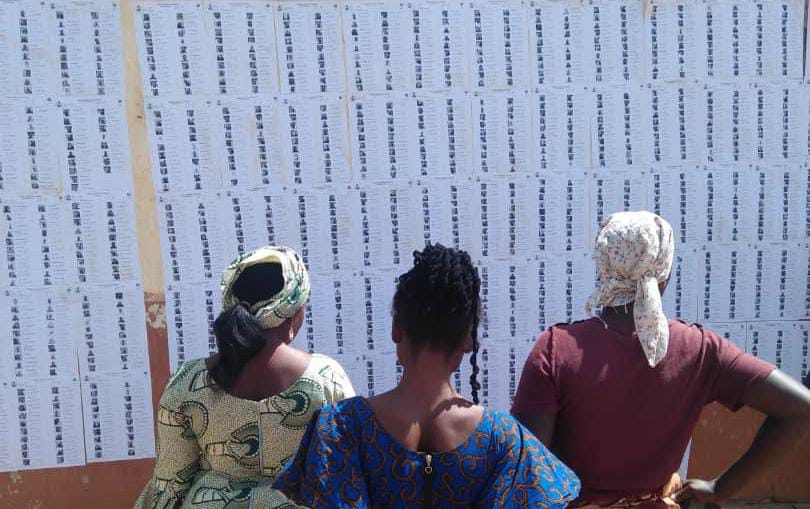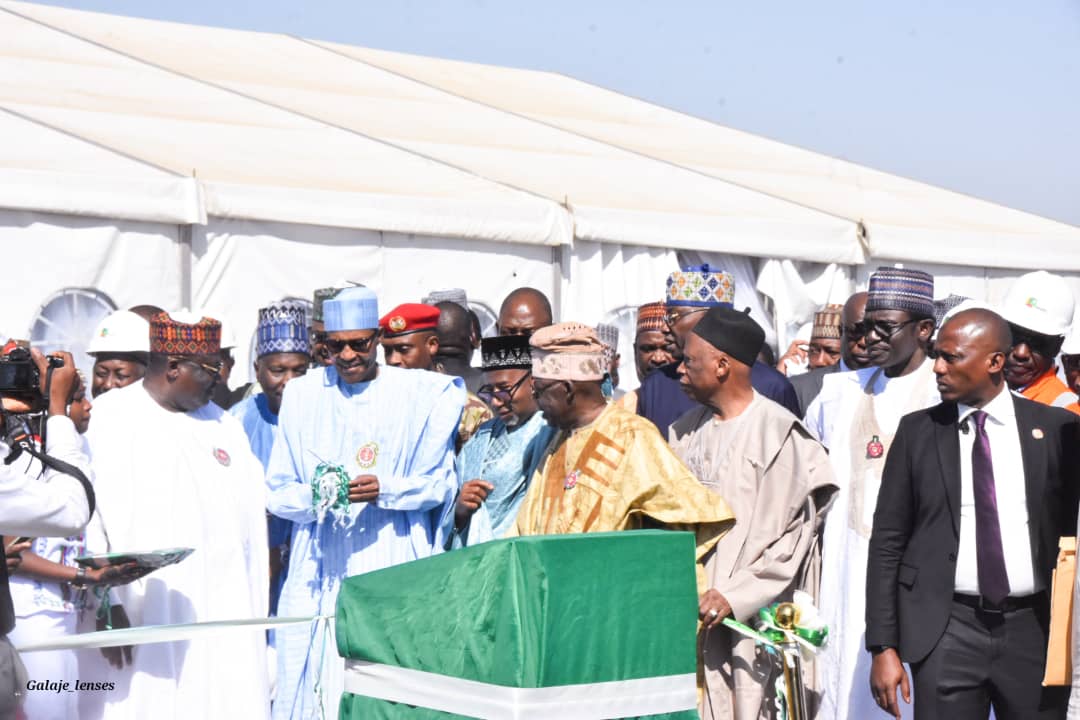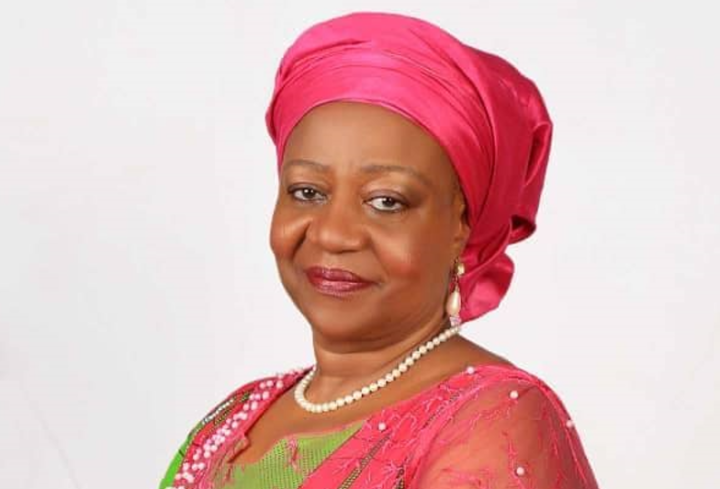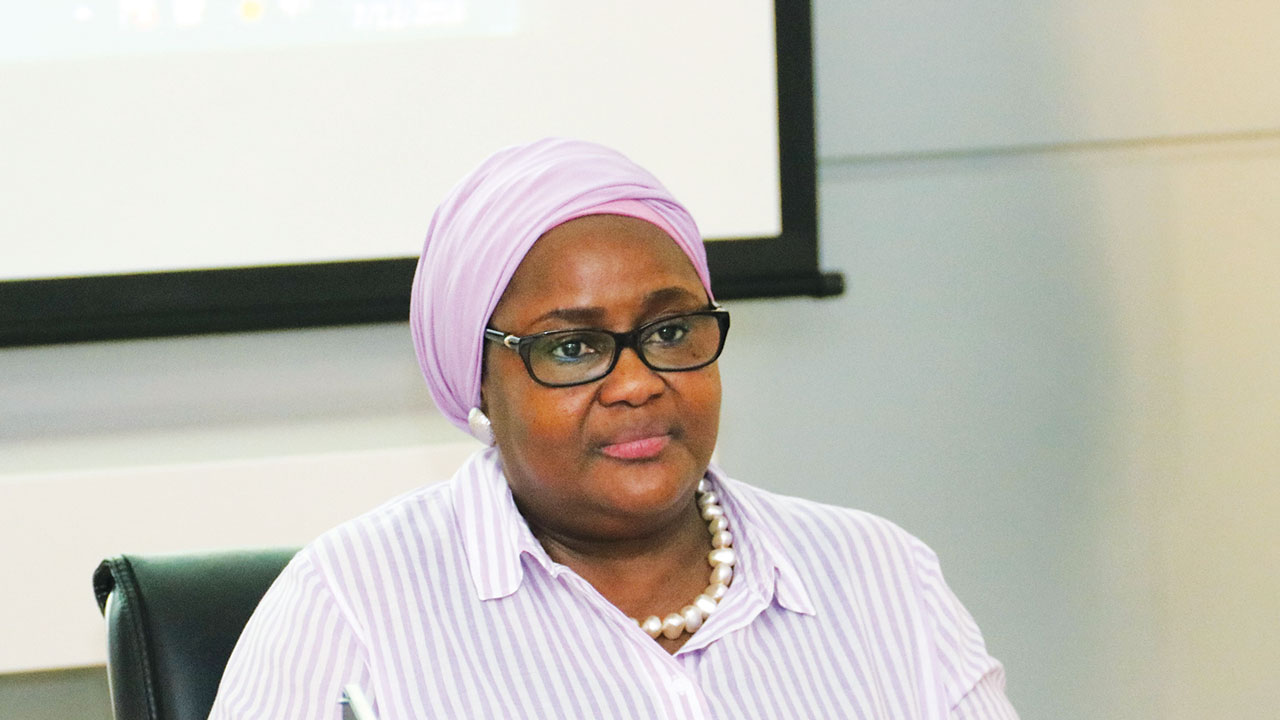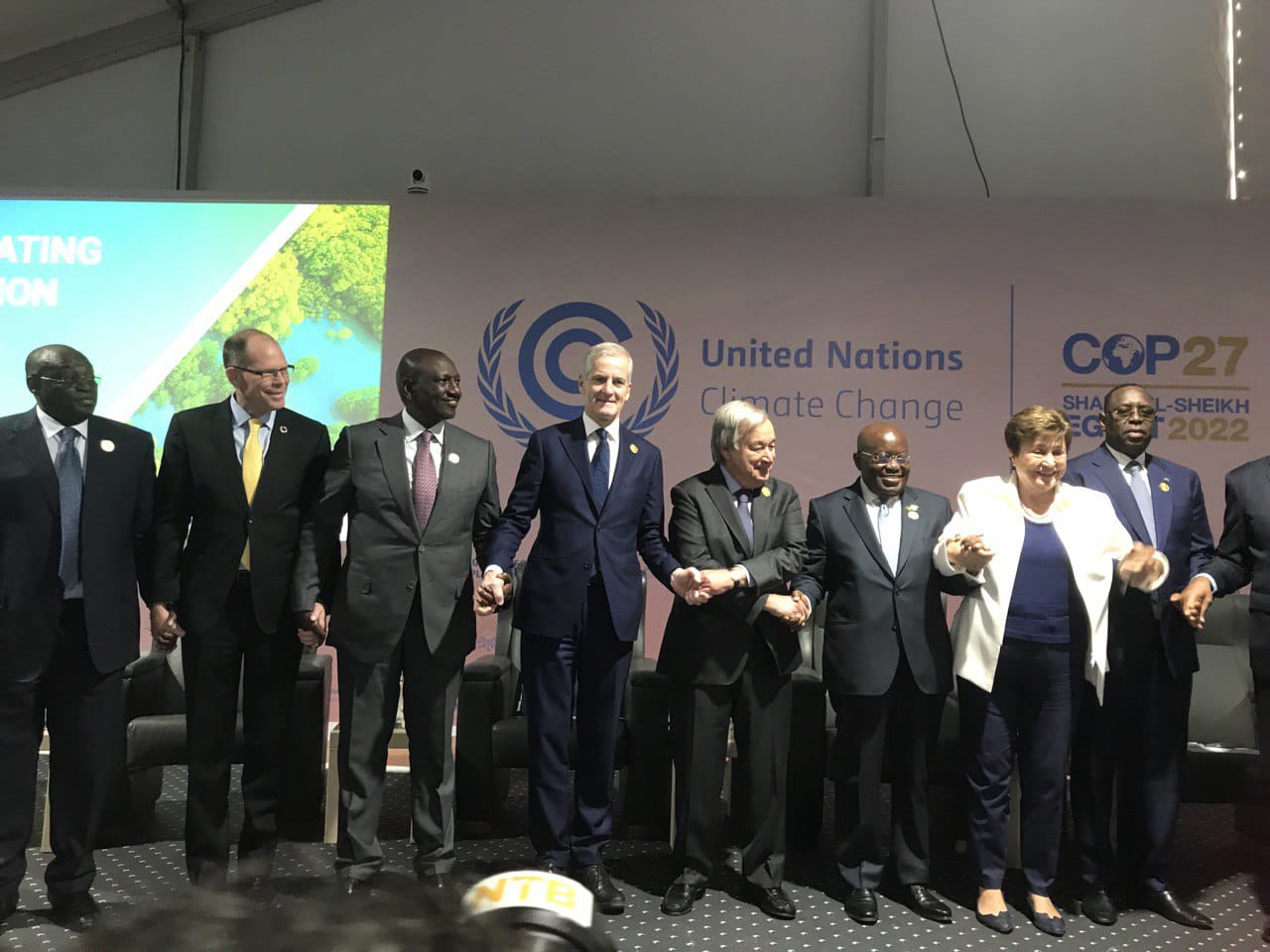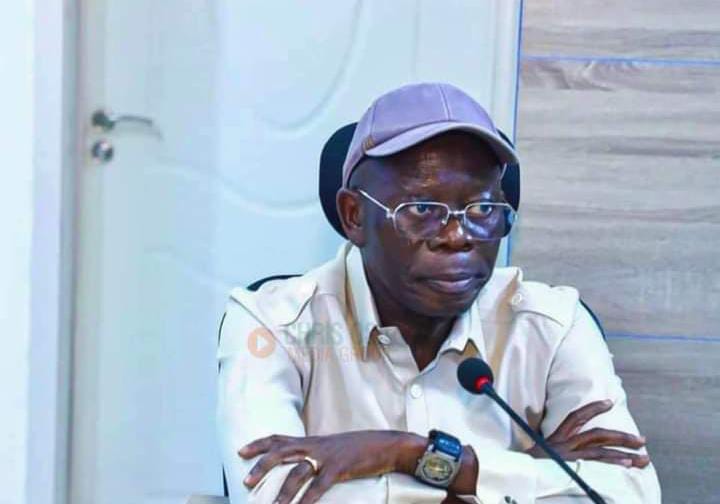Photo: INEC
BY OLASUPO ABIDEEN
The revelation of inconsistencies and irregularities in the recently displayed voters’ register at registration area centres nationwide and on the website of the Independent National Electoral Commission is another major reason why every eligible voter should participate in virtually every step in the electoral process.
It is in fact very interesting how the Display, Claims and Objections (DCO) process hardly ever gets the attention of Nigerians until recently due to increased voter education. The process which kicked off on November 12, 2022, and is scheduled to end on the 25th provides an opportunity for eligible voters to cross-check their voting information on the displayed register of voters in a bid to correct information, make claims and object to any unqualified persons found in the voter register.
The current display process is no doubt generating a lot of reactions from different quarters with a lot of revelations around underaged voters, duplications and deceased voters found on the voter register as displayed across registration area centres nationwide and the website of INEC.
Advertisement
In the dark days of Nigeria’s electoral system, specifically between 2003 and 2007, the voter register was littered with all sorts of foreign names and objects in the name of potential voters. This informed the overhaul of the entire voter register and the commencement of fresh registration nationwide under the chairmanship of Professor Attahiru Jega. While the process was successful, the gaps of duplicate registrations and underaged registrations were still exploited to manipulate the elections. Thus, with every epoch of continuous voter registration, new technological innovations were deployed to further sanitise the voter register.
One such innovation deployed by the current election management body is the automated biometric identification system (ABIS) and automated fingerprint identification system (AFIS) to remove duplications on the voter register. As a matter of fact, at least over 2 million voters were reportedly flagged as invalid during the just concluded registration process.
Thus, one may expect that the commission had upgraded its technology to immediately track double registrations during the process of biometric capturing. Ideally, as soon as a registrant’s biometric is captured, existing information with the same biometric should automatically pop up to either enable an update in a bid to prevent duplications.
Advertisement
Also, since the commission now deploys technology for the process, it should also be able to run the entire voter information system to track a list of voters with the same biometric. However, it is worrisome that the ongoing display of voter register nationwide for claims and objections has also revealed more irregularity around duplications, especially underaged voters, as found online and offline on the register.
The cases of underage registrants (some of whom may have voted in previous elections) cut across all regions of the country and these possibly unqualified persons may have been on the register for some years even before the current process.
Underage registrants as found on the voter register no doubt happened during any of the continuous voter registration periods from 2011 till date. Ideally, if an INEC official in charge of voter registration notices a potential underage registrant, he or she is expected to request evidence like birth certificate to prove eligibility for registration. While in some cases, officials are culpable for being part of the violations, in other cases, community collusion and other ways in which this is perpetrated may leave the official at the risk of being the only dissenting voice. This is definitely not an excuse to register an unqualified person into the voter register while leaving the responsibility of making objections to the citizens.
To make things more complicated, the process of making claims and objections on the voter register is really complex and can be likened to a judicial panel of inquiry where the claimant or anyone making objections must bring all necessary evidence to prove the ineligibility of another person from being on the register.
Advertisement
For instance, having visited the registration area centre to cross-check voting information, an eligible voter contacts the revision officer (who sometimes is not on seat) for an explanation on how to make any claim or objections. This usually happens during the first week of the process while the second week of the process happens at the various INEC LG area offices nationwide where eligible voter also has to visit to register their claims or objections.
This is not all, the claimant now has to return to the INEC LGA office two days before the end of the process with sufficient evidence like a birth or death certificate in case of an objection against underage or deceased registrants, to affect such a claim or objection during the hearing.
This is no doubt a complex and unattainable process. While it is an important development that the voter register can be accessed on the website, claims and objections still have to be done by providing sufficient evidence. In this vein, there is indeed a serious need to simplify the process of cleaning up the voter register if we actually expect citizens to lead in the process or better still, standardise technological innovations to enable effective deduplication to enhance the quality of voter register.
Beyond the use of citizens to clean up the voter register, INEC must take the bold step of conducting a comprehensive nationwide voter audit using technological applications and empirical research to ensure that every person on the register is qualified and eligible to vote in Nigeria. Also, there have been consistent recommendations by policy analysts to link voter registration to the national identity number (NIN) in collaboration with the National Identify Management Commission (NIMC) since the criteria for registering for both processes are virtually the same including biometrics. This will also ensure that anyone who is a registered voter is also expected to verify this through the NIMC verification service.
Advertisement
The quest for credible elections begins with a quality voter register. Thus, not just the commission but citizens have a huge responsibility to prevent any form of violation of electoral law or manipulation of the registration process as this will impact on the conduct of elections. Citizens must play a watchdog role in their communities to ensure unqualified persons do not access the register or ballot.
Olasupo Abideen is the Kwara state coordinator of the NotTooYoungToRun movement and executive director of Brain Builders Youth Development Initiative. He can be reached via [email protected] and on Twitter @opegoogle.
Advertisement
Views expressed by contributors are strictly personal and not of TheCable.
Add a comment
